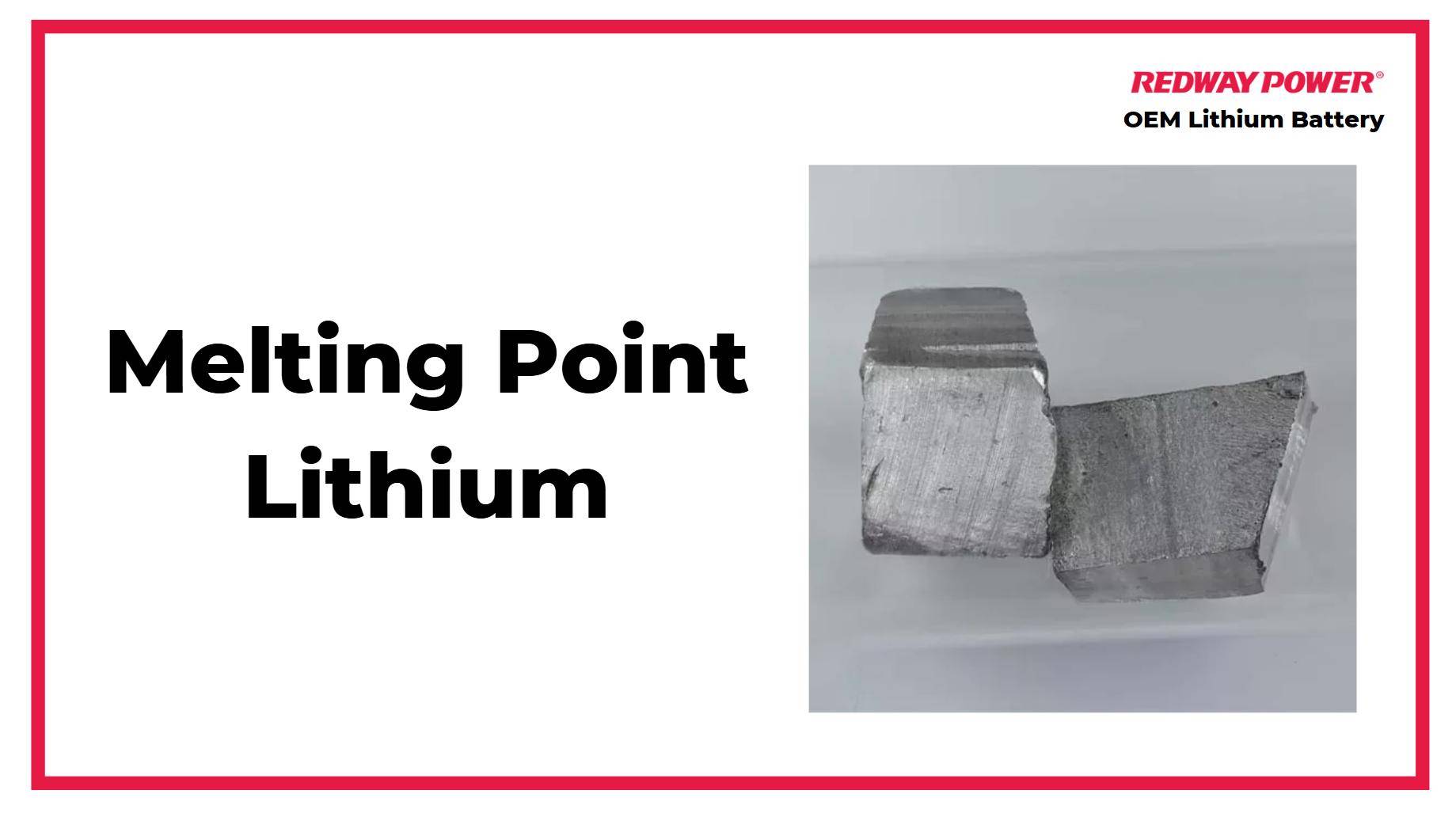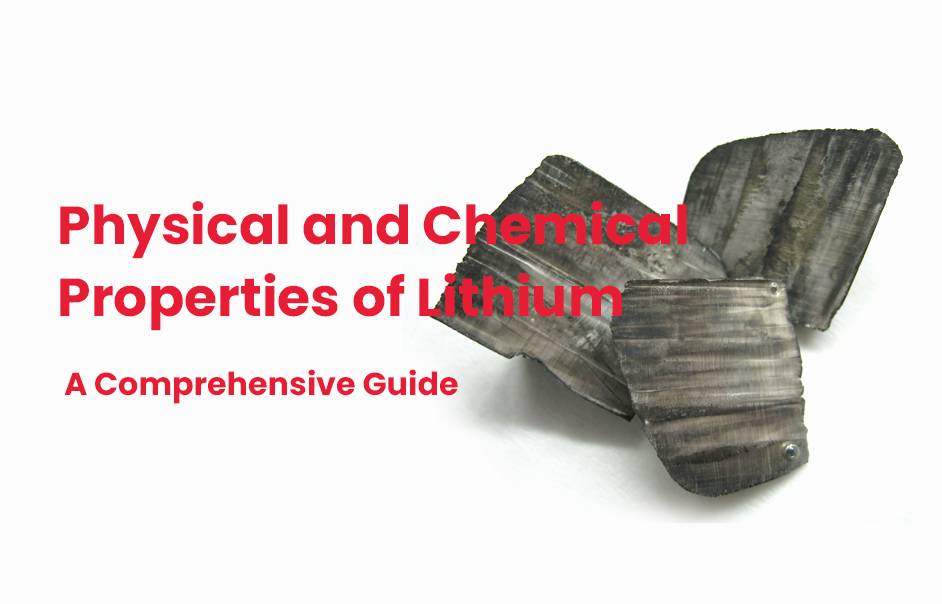- Lithium Golf Cart Battery
- Forklift Lithium Battery
-
48V
- 48V 210Ah
- 48V 300Ah
- 48V 420Ah (949 x 349 x 569 mm)
- 48V 420Ah (950 x 421 x 450 mm)
- 48V 456Ah
- 48V 460Ah (830 x 630 x 590 mm)
- 48V 460Ah (950 x 421 x 450 mm)
- 48V 460Ah (800 x 630 x 600 mm)
- 48V 460Ah (820 x 660 x 470 mm)
- 48V 500Ah
- 48V 560Ah (810 x 630 x 600 mm)
- 48V 560Ah (950 x 592 x 450 mm)
- 48V 600Ah
- 48V 630Ah
-
48V
- 12V Lithium Battery
12V 150Ah Lithium RV Battery
Bluetooth App | BCI Group 31
LiFePO4 Lithium
Discharge Temperature -20°C ~ 65°C
Fast Charger 14.6V 50A
Solar MPPT Charging - 24V Lithium Battery
- 36V Lithium Battery
- 48V Lithium Battery
-
48V LiFePO4 Battery
- 48V 50Ah
- 48V 50Ah (for Golf Carts)
- 48V 60Ah (8D)
- 48V 100Ah (8D)
- 48V 100Ah
- 48V 100Ah (Discharge 100A for Golf Carts)
- 48V 100Ah (Discharge 150A for Golf Carts)
- 48V 100Ah (Discharge 200A for Golf Carts)
- 48V 150Ah (for Golf Carts)
- 48V 160Ah (Discharge 100A for Golf Carts)
- 48V 160Ah (Discharge 160A for Golf Carts)
-
48V LiFePO4 Battery
- 60V Lithium Battery
-
60V LiFePO4 Battery
- 60V 20Ah
- 60V 30Ah
- 60V 50Ah
- 60V 50Ah (Small Size / Side Terminal)
- 60V 100Ah (for Electric Motocycle, Electric Scooter, LSV, AGV)
- 60V 100Ah (for Forklift, AGV, Electric Scooter, Sweeper)
- 60V 150Ah (E-Motocycle / E-Scooter / E-Tricycle / Tour LSV)
- 60V 200Ah (for Forklift, AGV, Electric Scooter, Sweeper)
-
60V LiFePO4 Battery
- 72V~96V Lithium Battery
- Rack-mounted Lithium Battery
- E-Bike Battery
- All-in-One Home-ESS
- Wall-mount Battery ESS
-
Home-ESS Lithium Battery PowerWall
- 24V 100Ah 2.4kWh PW24100-S PowerWall
- 48V 50Ah 2.4kWh PW4850-S PowerWall
- 48V 50Ah 2.56kWh PW5150-S PowerWall
- 48V 100Ah 5.12kWh PW51100-F PowerWall (IP65)
- 48V 100Ah 5.12kWh PW51100-S PowerWall
- 48V 100Ah 5.12kWh PW51100-H PowerWall
- 48V 200Ah 10kWh PW51200-H PowerWall
- 48V 300Ah 15kWh PW51300-H PowerWall
PowerWall 51.2V 100Ah LiFePO4 Lithium Battery
Highly popular in Asia and Eastern Europe.
CE Certification | Home-ESS -
Home-ESS Lithium Battery PowerWall
- Portable Power Stations
What is the Melting Point of Lithium?

The melting point of lithium is 180.5°C (356.9°F). This relatively low melting point for a metal makes lithium unique among the alkali metals, which typically have higher melting points. Understanding this property is essential for applications in battery technology and materials science.
Properties of Lithium
1. Basic Characteristics
Lithium is the lightest metal and has several distinctive properties that influence its applications:
| Property | Value |
|---|---|
| Atomic Number | 3 |
| Atomic Weight | 6.941 |
| Melting Point | 180.5°C (356.9°F) |
| Boiling Point | 1342°C (2448°F) |
| Density | 0.534 g/cm³ |
| Electron Configuration | [He] 2s¹ |
2. Thermal and Electrical Conductivity
- Thermal Conductivity: Lithium has a high thermal conductivity of approximately 85 W/m·K, making it effective for heat dissipation in various applications.
- Electrical Conductivity: It is also an excellent conductor of electricity, which is why it is widely used in batteries.
3. Reactivity
Lithium is highly reactive, especially with water and air:
- Reacts with Water: Lithium reacts with water to produce lithium hydroxide and hydrogen gas, often resulting in a flammable reaction.2Li+2H2O→2LiOH+H2↑
- Oxidation: When exposed to air, lithium forms a protective oxide layer that prevents further oxidation.
Lithium battery vs alkaline battery 🔋⚡️
Latest News
Recent developments in lithium technology have highlighted several key trends:
- The demand for lithium-ion batteries continues to surge, driven by the growth of electric vehicles and renewable energy storage systems.
- Innovations in battery recycling are gaining traction, aiming to recover lithium and other valuable materials from used batteries.
- Research into solid-state batteries, which utilize lithium, promises to enhance safety and energy density compared to traditional lithium-ion batteries.
- Regulatory frameworks are evolving to ensure sustainable lithium extraction practices, addressing environmental concerns associated with mining.

Redway Expert Comment
“Lithium’s low melting point and high reactivity make it an essential element in modern technology, particularly in battery applications. At Redway Power, we focus on producing high-quality lithium LiFePO4 batteries that leverage lithium’s unique properties for superior performance and efficiency. Our commitment to innovation ensures that our products meet the evolving needs of our customers.”
The melting point of lithium directly impacts its use in lithium batteries at Redway Power. Understanding how lithium behaves under various conditions helps us design better battery systems that maximize performance while ensuring safety.
Redway Lithium LiFePO4 Battery Pack
For clients or importers seeking wholesale or OEM solutions, we recommend our 48V 100Ah Lithium LiFePO4 Battery Pack. This product utilizes lithium’s properties effectively, providing a lightweight and efficient energy solution for various applications.
Top Competitors in Lithium Battery Solutions
When considering high-quality lithium batteries, here are five notable alternatives:
| Brand | Product Name | Voltage | Capacity (Ah) | Chemistry |
|---|---|---|---|---|
| Redway Power | 48V 100Ah Lithium LiFePO4 Pack | 48V | 100Ah | LiFePO4 |
| Battle Born Batteries | BB10012 | 12V | 100Ah | LiFePO4 |
| AIMS Power | AIMS Lithium Battery | 48V | 100Ah | LiFePO4 |
| Renogy | Renogy Smart Lithium Iron Phosphate | 12V | 100Ah | LiFePO4 |
| EcoFlow | EcoFlow Delta Pro | 48V | 3.6kWh | NMC |
In conclusion, the melting point of lithium is a critical property that influences its applications in technology, particularly in battery systems. By understanding these properties and utilizing high-quality alternatives like those offered by Redway Power, users can ensure optimal performance and reliability for their energy needs.













